By Major Nick Coke
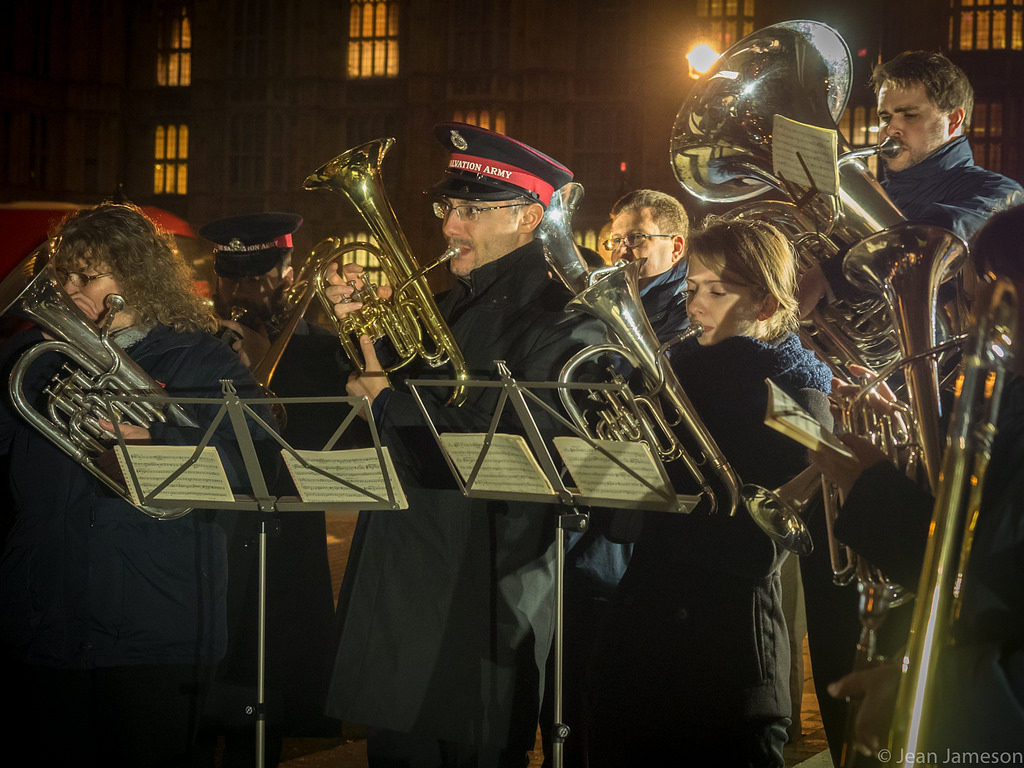
Look at this photo. What do you see? It’s a typical Christmas scene – The Salvation Army band out carolling. ‘It’s not Christmas until I’ve heard the Salvation Army band’, I can almost hear someone say. It looks a little chilly but even from this distance I can sense that warm, fuzzy feeling inside as the music rises and falls in my imagination. Strangely comforting, hopeful, beautiful.
Now take another look, but let’s turn the photo around. Same band, different perspective. This is not your usual carolling gig. This is a band playing carols for justice outside the Houses of Parliament. On this night they played for unaccompanied refugee children who remain stranded far from home.
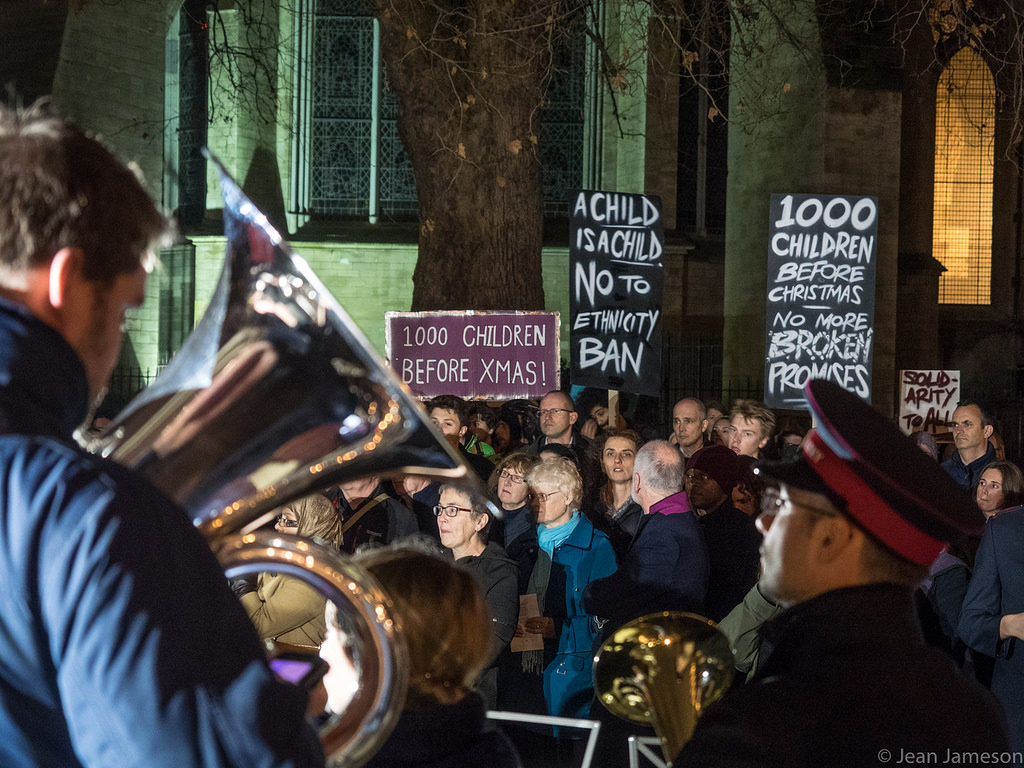
Standing nearby as the band played, I sensed the power of the Christmas story confronting a dark world in which children flee war and poverty only to be turned away. Together with 400 others from a wide spectrum of faith and civil society organizations we called on Home Secretary, Amber Rudd, to ensure Britain plays its part in welcoming 1000 children to our shores. This year we’re up to 800, but surely we can make room for a few more this Christmas. There is room in the inn! There are those ready and willing to give shelter and a warm welcome.
Together we sang a few especially adapted carols, accompanied by the band. New words to favourite tunes – here’s one:
‘In the bleak midwinter
Far away from home;
Children sleep as refugees
Scared and alone;
Snow is falling, snow on snow
In the bleak mid-winter
Not that long ago.
The streets they cannot hold them
Nor makeshift camps sustain;
The fear is that they’ll flee away
While confusion reigns:
In this bleak mid-winter
No stable place will do
Each child needs a place of rest,
Just like me and you.
What can we give them,
Civilians as we are?
If I were an MP
I would write a law;
If I were prime minister
I would do my part;
Yet what we can we give them –
A welcome from the heart.’
Here’s a thought. Why not use these words at a carol service this Sunday? And as you do, consider what you can do to help unaccompanied refugee children. Restart The Rescue Christmas Carols can be downloaded by clicking the link and a petition signed here.
 A year ago, I attended a meeting about asylum seeking in the UK and learnt that many people were being housed near me in the North-West of England by the Home Office. Individuals and families were placed in shared accommodation, most with little English language, whilst they awaited their asylum decisions.
A year ago, I attended a meeting about asylum seeking in the UK and learnt that many people were being housed near me in the North-West of England by the Home Office. Individuals and families were placed in shared accommodation, most with little English language, whilst they awaited their asylum decisions.
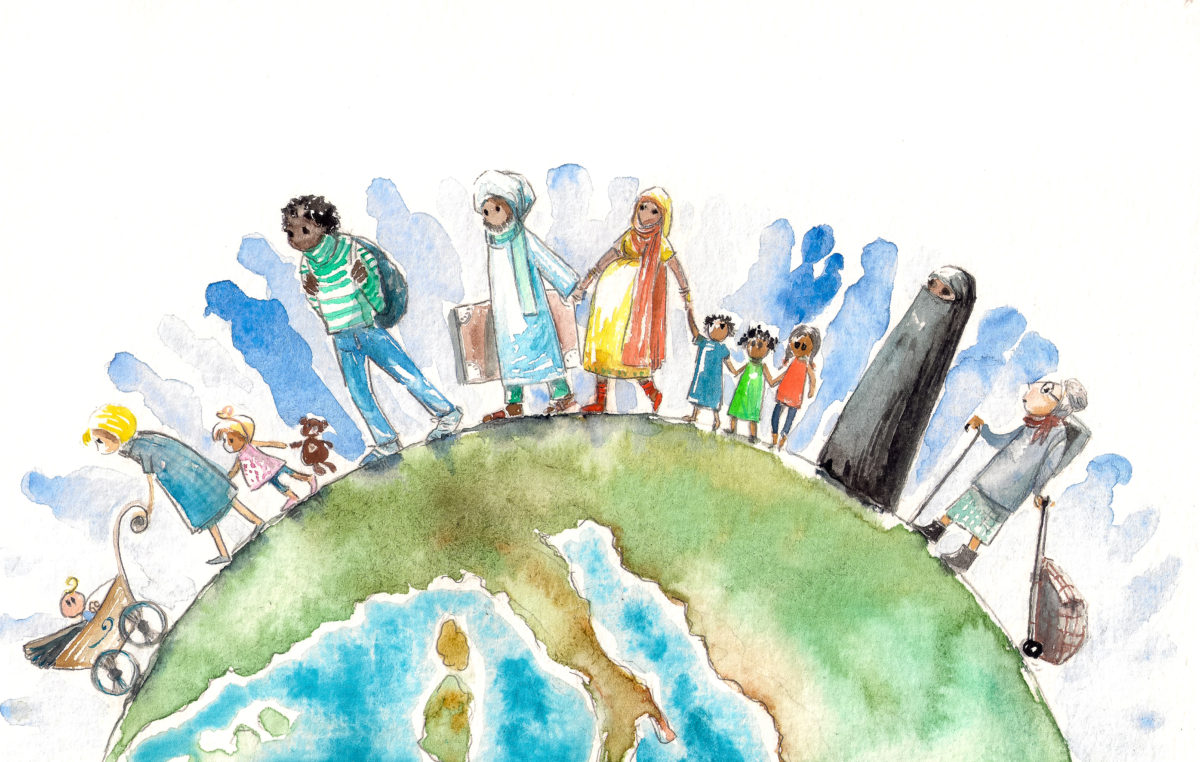
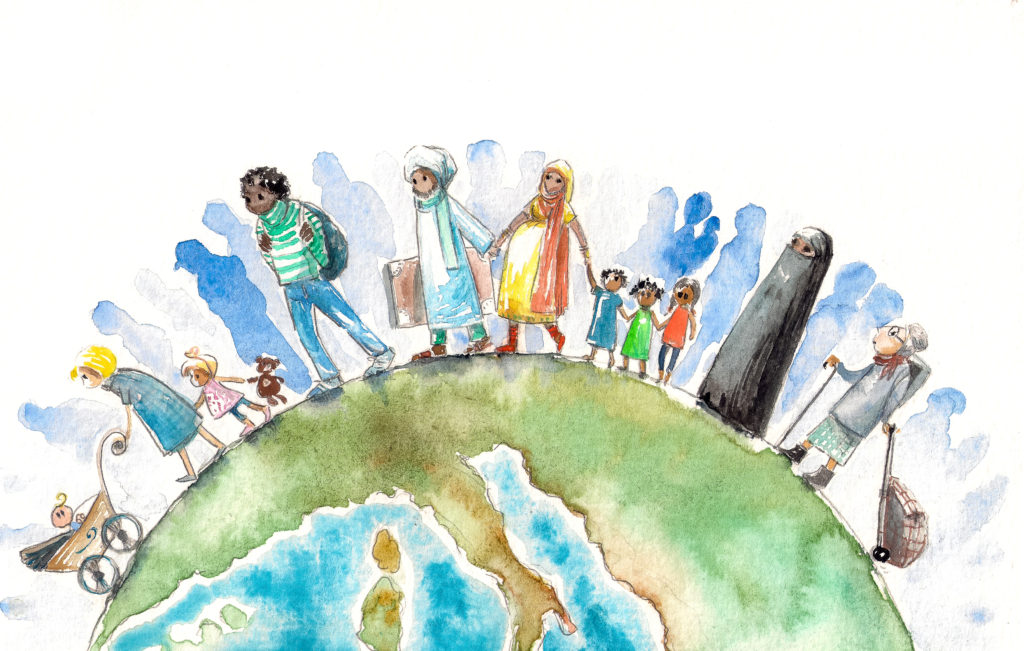 When I was advertising the information evening for the
When I was advertising the information evening for the 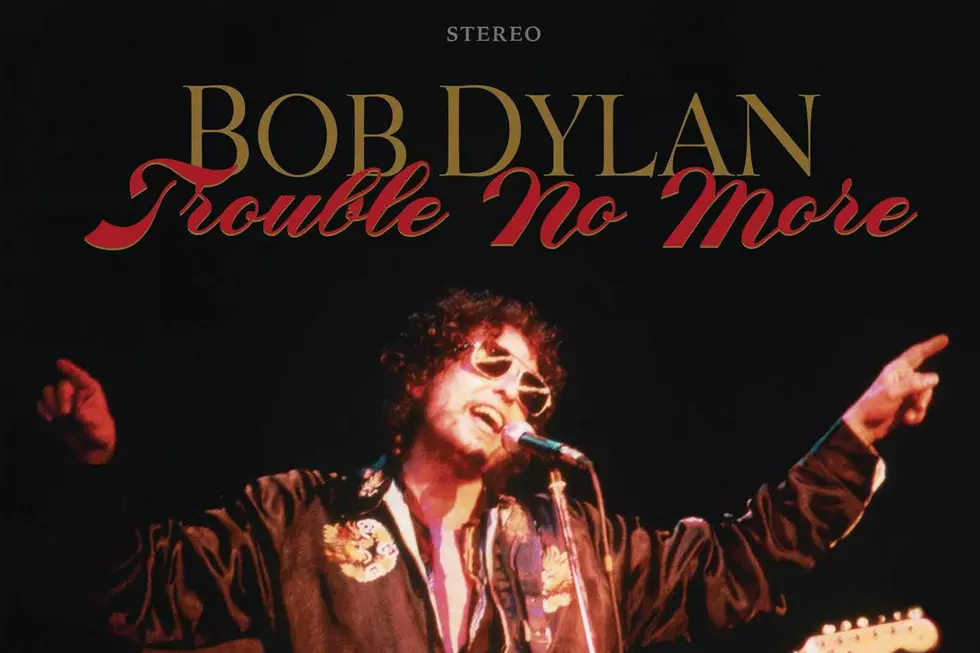
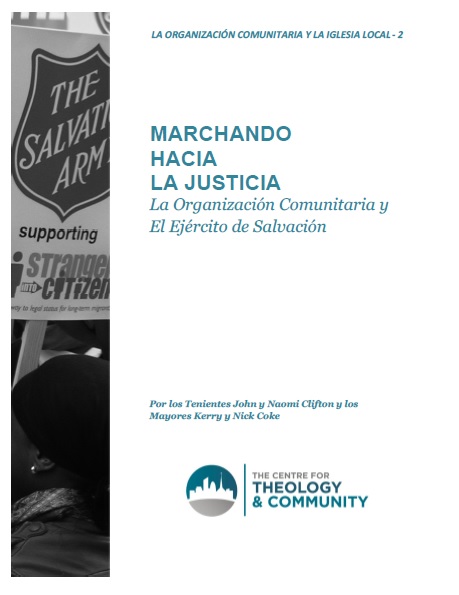


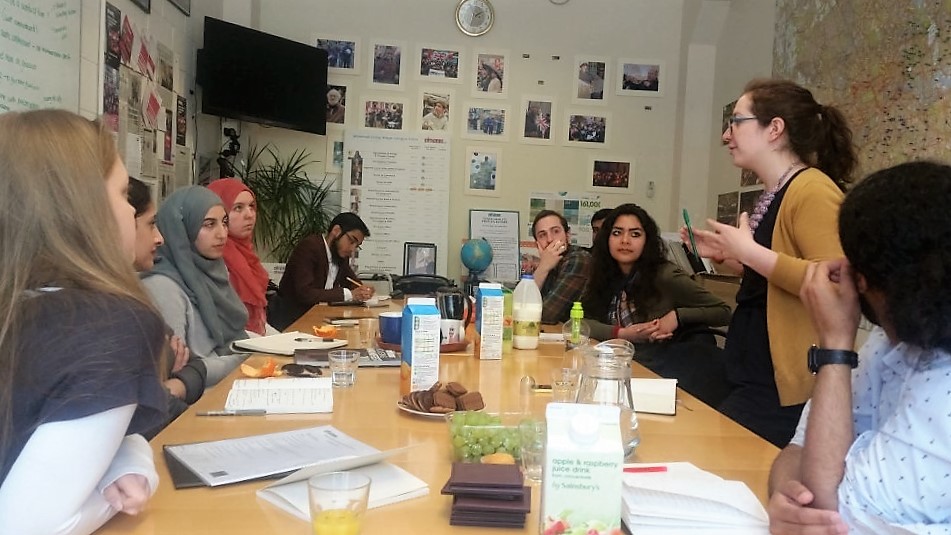
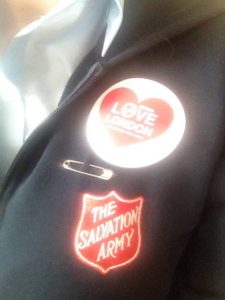 Yesterday
Yesterday 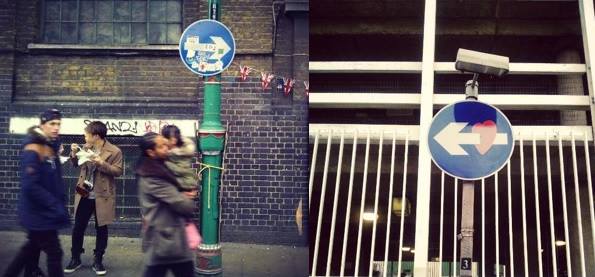
 “Silence in the face of evil is itself evil: God will not hold us guiltless. Not to speak is to speak. Not to act is to act.” Deitrich Bonhoeffer
“Silence in the face of evil is itself evil: God will not hold us guiltless. Not to speak is to speak. Not to act is to act.” Deitrich Bonhoeffer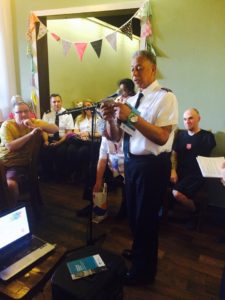 In terms of theological, devotional and motivational material urging us forward in the fight we have never had it so good. The biblical mandate for action is being preached with new fervour in the light of austerity, political upheaval and the refugee crisis. Resources are plentiful – campaign material regularly finds its way into our letterbox, email inbox and social media feeds. Dutifully we follow the instructions to pray, fundraise, get informed and click on the link to another petition website. Online activity in the cause of social change has led to the coining of a new word – ‘clicktivism’. Apparently we’re clicking like we’ve never clicked before. Yet beneath it all comes that nagging question – is any of this really making a difference? It all feels so detached. There’s surely more to justice-seeking than this.
In terms of theological, devotional and motivational material urging us forward in the fight we have never had it so good. The biblical mandate for action is being preached with new fervour in the light of austerity, political upheaval and the refugee crisis. Resources are plentiful – campaign material regularly finds its way into our letterbox, email inbox and social media feeds. Dutifully we follow the instructions to pray, fundraise, get informed and click on the link to another petition website. Online activity in the cause of social change has led to the coining of a new word – ‘clicktivism’. Apparently we’re clicking like we’ve never clicked before. Yet beneath it all comes that nagging question – is any of this really making a difference? It all feels so detached. There’s surely more to justice-seeking than this.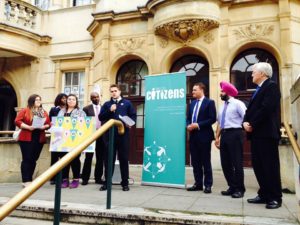 The beginning of justice-seeking is neither an action nor a programme. As an officer once reminded me: ‘We don’t do social justice – we live justly.’ In Salvation Army theology it springs from our holiness teaching, where the inner life of a believer, orientated around a relationship with God, spills over into public life. Faith may be personal but it’s never private. The inner working of our hearts is manifested in hundreds of actions and decisions we make every day. Living a just life begins with how we treat others, who we include, how we use our wealth and time. This applies to those closest to us, neighbours and work colleagues, our corps family and, by extension, the whole of humanity. The rather wonderful truth I’ve discovered is that the more I’ve chased personal holiness the more compelled I’ve been to seek a just world and the more justice-seeking I’ve engaged with the more convicted I’ve been about personal transformation.
The beginning of justice-seeking is neither an action nor a programme. As an officer once reminded me: ‘We don’t do social justice – we live justly.’ In Salvation Army theology it springs from our holiness teaching, where the inner life of a believer, orientated around a relationship with God, spills over into public life. Faith may be personal but it’s never private. The inner working of our hearts is manifested in hundreds of actions and decisions we make every day. Living a just life begins with how we treat others, who we include, how we use our wealth and time. This applies to those closest to us, neighbours and work colleagues, our corps family and, by extension, the whole of humanity. The rather wonderful truth I’ve discovered is that the more I’ve chased personal holiness the more compelled I’ve been to seek a just world and the more justice-seeking I’ve engaged with the more convicted I’ve been about personal transformation.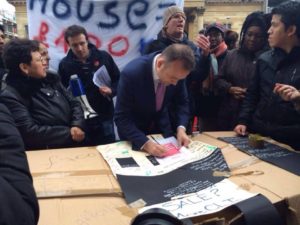 While justice begins with God, it clearly involves people. In the Exodus story the groans of the Israelite slaves rise up before God and initiate a social justice movement (Exodus 2:23–25). In today’s world we constantly hear the groans for ourselves – the low-paid worker at the food bank, the refugee, the homeless and the discriminated against. Most of us long to end such suffering. The uncomfortable truth, however, is that real justice-seeking compels us to move to the edges and experience first-hand the sufferings of others before we can act. There really is no other way. Of course when we get there we discover God is well ahead of us.
While justice begins with God, it clearly involves people. In the Exodus story the groans of the Israelite slaves rise up before God and initiate a social justice movement (Exodus 2:23–25). In today’s world we constantly hear the groans for ourselves – the low-paid worker at the food bank, the refugee, the homeless and the discriminated against. Most of us long to end such suffering. The uncomfortable truth, however, is that real justice-seeking compels us to move to the edges and experience first-hand the sufferings of others before we can act. There really is no other way. Of course when we get there we discover God is well ahead of us.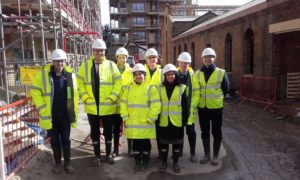 Once personally involved in the sufferings of others, it is tempting to offer charity and stop there. We meet the need, bandage the wound and move on. Most likely people will call us saints.
Once personally involved in the sufferings of others, it is tempting to offer charity and stop there. We meet the need, bandage the wound and move on. Most likely people will call us saints.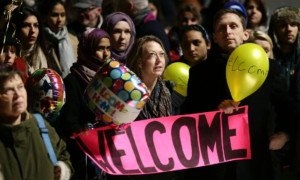 The final stage is to move from a protest voice on the margins into the corridors of power, where decisions are made. Forcing your way into this space can happen only when we organise ourselves to be powerful enough for decision-makers to take notice. This is the work of politics – not party politics – but community-based, people politics. And this is where corps and centres come into their own. After all, we know our communities and, in most cases, we have been a constant presence for generations. Almost every local expression is connecting directly with those who suffer injustice and, crucially, we are collectives who exist to transform the world! In a society where institutional
The final stage is to move from a protest voice on the margins into the corridors of power, where decisions are made. Forcing your way into this space can happen only when we organise ourselves to be powerful enough for decision-makers to take notice. This is the work of politics – not party politics – but community-based, people politics. And this is where corps and centres come into their own. After all, we know our communities and, in most cases, we have been a constant presence for generations. Almost every local expression is connecting directly with those who suffer injustice and, crucially, we are collectives who exist to transform the world! In a society where institutional